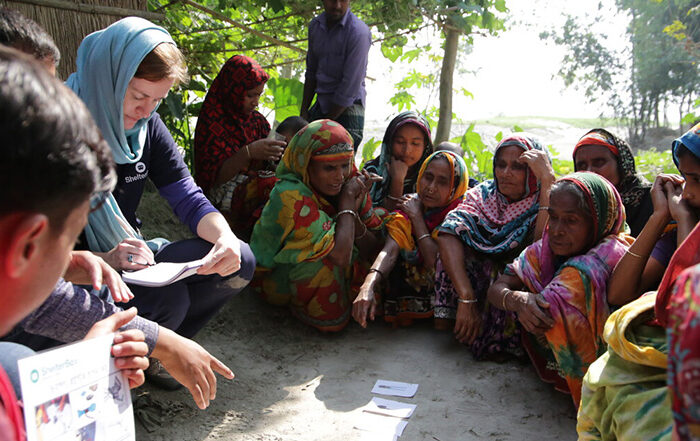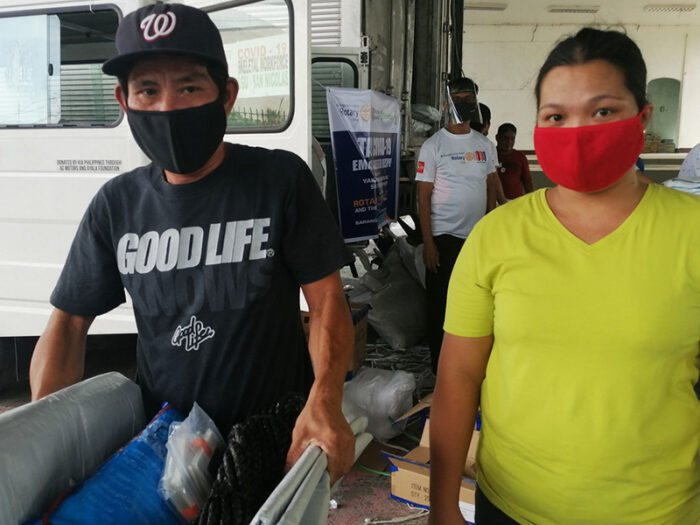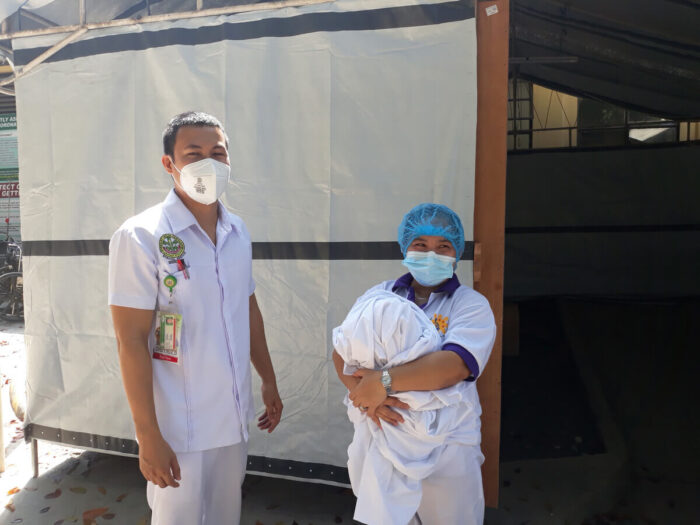
How did lockdown and social distancing change how we listen to feedback?
In this blog from 2020 we shared how we collected feedback when most countries were on lockdown and physical distancing was the new normal
The impact of the coronavirus pandemic was felt by everyone. At ShelterBox, we adapted how we worked as coronavirus created a whole new level of risk for vulnerable families who had lost their homes.
In this period the number of people forcibly displaced surpassed 100 million for the first time. That was 1% of the total global population.
Many of these people had limited access to shelter, healthcare, water, food and ways to earn a living. This left them even more vulnerable to diseases like coronavirus.
Coronavirus was an unprecedented global humanitarian emergency. It created more danger for many of the world’s most vulnerable people.
Emergency shelter helped save lives.
In this video from 2021, our Chief Executive Sanj Srikanthan explains how we provided vital emergency aid to people around the world.

Global travel restrictions during the pandemic made it harder for us to undertake our vital work.
Fortunately, we had links with local partners worldwide. We also store our shelter materials and tools in multiple locations globally. This meant we were still able to get shelter to the people who needed it most.
It meant that working with partners we could respond to disasters even in the height of pandemic. By providing shelter we gave spaces where families could socially distance. Household items also meant that people did not need to share these scarce resources, reducing the risk of spreading illness. Hygiene kits with soap and handwashing facilities also helped reduce the risk of passing on the virus.

The partnership between Rotary and ShelterBox provides a place of refuge for vulnerable people to stay as healthy as possible. When it comes to fighting a pandemic, the most vulnerable need our protection – or everyone is at risk. As emergency shelter experts, ShelterBox has a vitally important part to play in the global response to Covid-19.